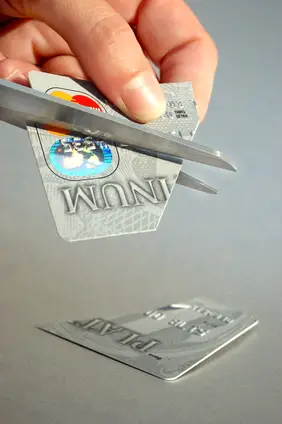Is your federal student loan on default status? If so, it is most likely that your tax refund is used or taken to balance up the difference. But the 2021 tax season case was different because all government student loan payment was halted because of COVID. All activities of collections for federal student loans were temporarily stopped. It was then moved beyond the present year’s tax deadline date of April 18, 2022. The long pause of the student loan payment expired on May 1, 2022, and the collection activities are set to kick start again in the six months. So one good piece of advice you can get is to make plans ahead to ensure that this coming 2022 tax season, your student loans stay clear of default. In this article we shall see Will student loans take my tax refund in 2021?
Will student loans take my tax refund in 2022Most times? If your student loan is in default status, you will have your tax refunds taken to make up for some of the balance that has been in the default state. So try as much as you can for your student loan not to be in default status.

Details on Why The Loan was Temporarily Stopped
The student loan was halted for a just cause, just as the pandemic started all student loan collections on federal student loans were stopped. And thankfully this long pause has been lifted on May 1, 2022. And this good is that your tax return won’t be touched to settle your outstanding federal student loan balance for the 2021 tax season. It was stated by the U.S. Department of Education that the collections will remain halted for the next six months and consequently, the payment pause becomes history.
The Loans that are Legible
- Defaulted Direct Loans
- Defaulted FFEL loans
- Defaulted Perkins Loans owned by the Education Department
- Defaulted HEAL loans
To make the emphasis clearer, this is known as a temporary relief measure. This tax will most likely not be applicable when filing your 2022 taxes next year.
How to Avoid Tax Refunds from being Taken in the Future?
If you have not been funding your federal student loans for up to 9 months (or equivalently up to270 days), at that point the U.S. Department of Education takes student loans to be in default status. If it is in a default status, your federal student loans are likely to fall into collections. In situations like this, the student’s federal income tax could then be boosted by the U.S. Department of Education and the U.S. Treasury. This is done to help pay off or offset the delinquent funds. And this is known as a student loan tax refund offset.
At this point you will know if you are at risk of an offset, you will be sent a notice to your mail directly from the federal government. Always have it at the back of your mind that the private student loans can’t take your tax refund.
The secret to escaping default status on your student loans and, making efforts to prevent having your tax refund taken, is by you deciding to make your monthly payments early enough and also in full (part payment won’t guarantee your safety).
If you are currently having issues making your monthly student loan payments, never worry too much as this is not a guarantee that your student loan status will fall into default status.
Options and Benefits of your federal student loans
Repayment plans: This repayment plan is income-driven and this is based on the monthly payment you make on you’re the size of your family and your monthly income. The moment you were able to consistently make 20 to 25 years of valid payments, just know that the left balance will be pardoned.
Refinancing: This entails you taking out a new private loan that comes with a lesser interest rate or lesser monthly payment to stand in the gap for your outstanding student loans. The major disadvantages of refinancing are that the rate you get is determined by how you are creditworthy and you are prone to lose all federal benefits and protections.
Student Loan Offset Hardship Refund: A student who has experienced financial difficulty in the past, is eligible to collect a student loan offset hardship refund. For a student who is qualified for this, the money gotten from the student’s tax return will be refunded to the student.
Conclusion
COVID 19 affected the world financial system; the government is at the moment trying to make up for all the losses during the pandemic. So as a student it is best you become financially prudent and adhere to the given instructions so your federal student loan won’t be in default status. As the experience we had during the pandemic season will remain forever in our hearts, we also need to make the right moves to get just the perfect credit score.
